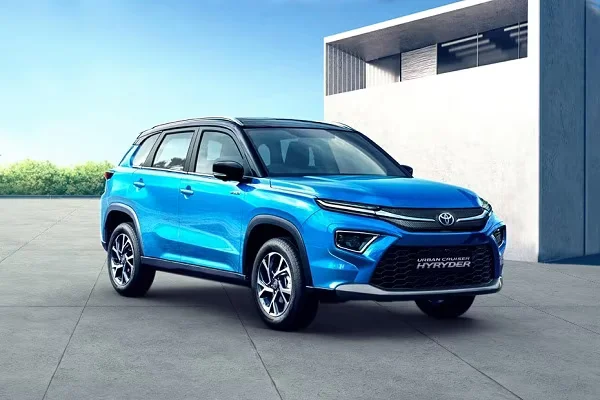Plan panel backs Ramesh on SUV tax


A planning commission committee has backed environment minister Jairam Ramesh on imposing higher tax on Sports Utility Vehicles (SUVs) but has failed to provide technological answers to achieve low carbon growth as desired by Prime Minister Manmohan Singh.
'We have suggested that there should be higher tax on diesel and diesel run SUVs,' said Kirit Parekh, expert group on low carbon strategies for inclusive growth. The interim report speaks of incentives to people to buy environment friendly vehicles and disincentive for pollution vehicles.
Trending Cars
The group constituted following the hope of a climate deal after the Copenhagen climate summit failed to meet its initial deadline of three months and came out with its interim report in 14 months. It projected that India will be able to meet its Copenhagen commitment of reduction in emission intensity of the GDP by 20-25 % by 2020 without compromising India's growth target of 8 %.
Even then, its recommendations did not find favour with the commission. 'We have constituted different working groups for the 12th plan on low carbon growth and the committee's report will considered only after the groups submit their report,' said plan panel deputy chairperson Montek Singh Ahluwalia.
Ramesh, however, refused to comment on contents of the report cautioned of the trade-offs to achieve 8 % low carbon growth. 'Some trade-offs would be acceptable and some not. I think the committee will provide insight into this inspect in its final report,' he said.
Chandra Bhushan, deputy director of NGO Centre for Science and Environment termed the report disappointing saying it has no 'new ideas or growth pathways' and is conservative even to the National Action Plan on Climate Change.
International NGO Greenpeace said the interim report was an 'incomplete first step' and ignores renewable energy while crediting coal and nuclear energy as low carbon. 'Most of the recommendations are mere reiteration of the Integrated Energy Policy,' said Siddharth Pathak, Greenpeace's policy officer on energy. Parikh had framed the policy when he was a plan panel member.
The reports analysis India's emission trajectory for two scenarios -- determined and aggressive effort --- for 8 % and 9 % percent economic growth. It says India's per capita emission will range between 2.67 tonnes to 2.32 in case of 8 % growth and will be over 3 tonnes in case of 9% growth. The report also said that emissions from the energy sector had increased the most whereas that from agriculture had fallen between 1994 and 2007.
While the report has come up with generic policy suggestions it has not given any specific recommendations and had not stipulated deadlines for pursuing low economic growth.








 1490 cc
1490 cc Multiple
Multiple













